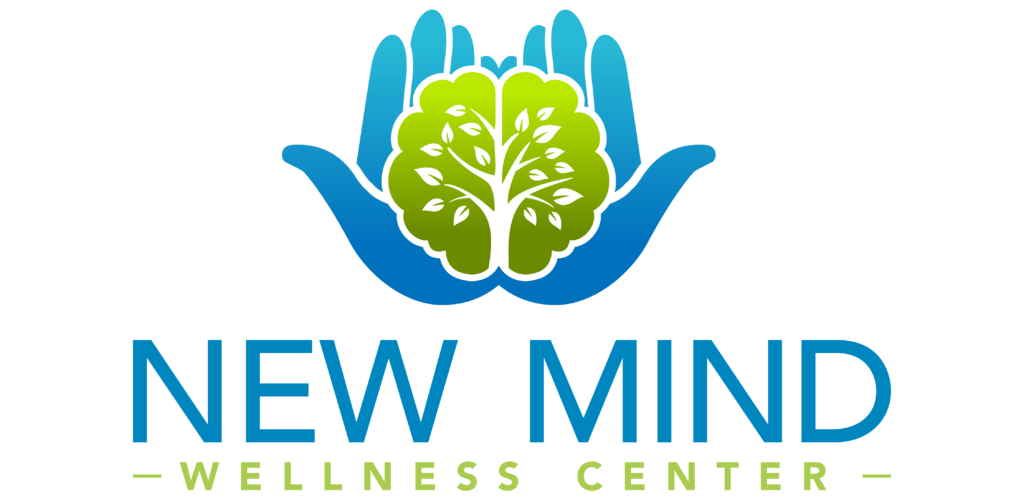Home » Mental Health Treatment in Philadelphia » Thought Disorders
Thought Disorder Symptoms
Our mental health treatment in Philadelphia will give you the coping skills you need to manage your symptoms, including those that may overlap with thought disorder symptoms.

Home » Mental Health Treatment in Philadelphia » Thought Disorders
Thought Disorder Symptoms
Our mental health treatment in Philadelphia will give you the coping skills you need to manage your symptoms, including those that may overlap with thought disorder symptoms.

Begin Mental Health Treatment in Philadelphia Today
Imagine experiencing a brief period of time during which you can’t process your thoughts in a coherent way. You would likely feel confused, frustrated, and misunderstood by others. For those who have a thought disorder, this is a daily occurrence. Their thought disorder symptoms hamper their ability to communicate effectively with others in their private lives, social situations, and at work.
New Mind Philadelphia understands the overall negative impact having a thought disorder can have on your life. We offer different levels of care on an outpatient basis to help you minimize your symptoms. These include Partial Hospitalization Program (PHP), Intensive Outpatient Program (IOP), and Outpatient Rehab (OP), all designed to fit your individual needs while providing comprehensive support. Our licensed and compassionate team work with you to identify your specific challenges. You engage in different types of therapy designed to help people with thought disorders feel less chaos and establish more effective lines of thinking and communication. We also offer prescription medications to help ease your symptoms.
Contact us today to learn more about mental health treatment in Philadelphia.
What is a Thought Disorder?
Thought disorders are a type of mental illness that causes the person who has them to experience difficulty related to their thoughts. Their thought disorder symptoms impact their basic cognitive abilities, which frustrates them and those who interact with them. The individual finds it challenging or impossible to process and express their thoughts. This includes thoughts in a person’s head and how they express them when writing or speaking.
Many people avoid seeking treatment for years or decades because they do not realize they have a definable mental health disorder.
Types of Thought Disorders
The most common types of thought disorders include schizophrenia and psychosis:
Schizophrenia
Schizophrenia includes hallucinations, delusions, paranoia, disorganized thinking, catatonia, and a flat affect. It is a severe and persistent mental illness (SPMI) affecting between 0.25% and 0.64% in the US.
Psychosis
Psychosis can be a symptom of many disorders including schizophrenia, schizoaffective disorder, bipolar disorder, and severe depression. It includes delusional beliefs and hallucinations.
Thought Disorder Symptoms
Thought disorder symptoms can be tricky to identify by the person who has them and those around them. This makes it imperative that a mental health professional assess them so an accurate diagnosis can be made.
Common thought disorder symptoms include:
- Alogia: This causes a person to give extremely short answers to questions. It is also known as poverty of speech, and the individual typically only responds to others rather than speaking first on their own.
- Blocking: The person suffers from thought blocking and stops talking mid-thought for several seconds. When they speak again, they have changed topics.
- Circumstantiality: Circumstantial thinking causes a person to add an infinite number of and usually unnecessary details to the subject they are talking about.
- Clanging: The individual chooses words based on how they sound rather than their definition. This can include rhyming, alliterations, or puns that make sense to them but can confuse others.
- Derailment: As the person talks, they wander away from the original subject and jump from topic to topic.
- Distractible speech: This causes a person who is speaking to become distracted by stimuli around them or within their head. They change topics mid-stream and often never return to the original one.
- Echolalia: The individual repeats words and noises instead of speaking their thoughts clearly. They also may repeat questions instead of answering them.
Begin Mental Health Treatment Today
New Mind Wellness is a leader in the provision of mental health treatment in Pennsylvania. If you or a loved one are struggling with mental illness, reach out to us today or verify your insurance now.
How is a Thought Disorder Diagnosed?
A psychiatrist or other mental health disorder can diagnose a person with thought disorder symptoms using a couple of different methods. The first is the Rorschach inkblot test. The individual is shown a series of inkblots that are ambiguous in nature and is asked to identify what they think it is. The clinician interprets their answers to see if they represent a thought disorder in action.
A thought disorder index can also be used to diagnose a thought disorder. This involves the patient having a conversation with the clinician that covers different topics. The conversation will then be transcribed and scored based on the Thought Disorder index.
Thought Disorder Treatment Options
Someone with a thought disorder can seek out more than one type of therapy to help minimize their symptoms. While thought disorders cannot be cured, with effective treatment, they can be managed.
Individual therapy allows the person to speak privately with a trained counselor who will help them understand their illness and how to develop some control over it. Family therapy also proves helpful because it teaches loved ones to recognize which symptoms their family members have and what control they can and cannot exert over them.
Medications help control the symptoms of thought disorders. Which type is needed will be determined by the prescribing clinician, who will also monitor the person for the results.
Begin Treatment for Thought Disorders in Philadelphia
Do you struggle with the frustration of thought disorder symptoms but don’t know what sort of help is available? You’re not alone because many programs do not have effective ways to treat this challenging type of mental health disorder. New Mind Philadelphia provides multiple therapy modalities on an outpatient program basis that make a real and lasting impact on people with thought disorders. Our therapists guide you through different types of therapy that help you relearn how to process and express your thoughts. If prescription medications are needed, we will discuss which ones might work best for you and provide them.
Call us today or verify your insurance now to find relief for living with a thought disorder. No one should have to suffer with poor mental health and no hope. Let’s talk about how we can help you see the light of healing.

